Hobbies & Activities for Recovering Addicts: How to Fill Leisure Time
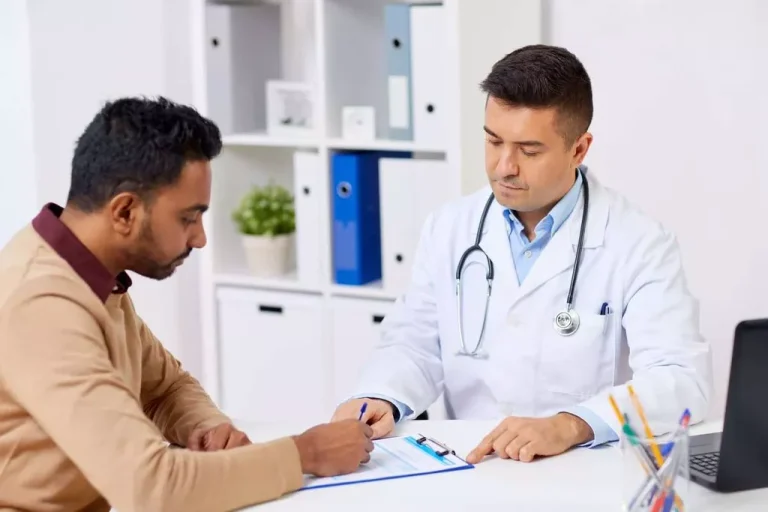
It supports well-being and helps prevent people from becoming overwhelmed or giving in to triggers. People can openly share their thoughts and feelings, reduce self-stigma and shame, and help each other process and grow from difficult experiences or emotions. Discuss how treatments for physical illnesses – like broken bones or infections – are similar to treatments for psychological illnesses like addiction. Brainstorm ideas for the ideal hospital or retreat to provide you with mental and emotional healing.
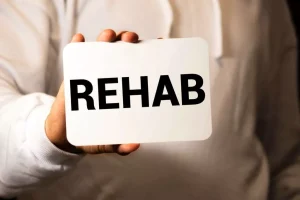
Developing Emotional Awareness
Many group activities are enjoyable and help you to de-stress, have fun, and create positive memories linked to your recovery path. Role-playing offers a safe space for group therapy participants to confront their fears and negative thoughts. Acting in different scenarios can help patients to develop better coping strategies for difficult situations. For example, a teen is facing a negative stigma for going through addiction treatment.
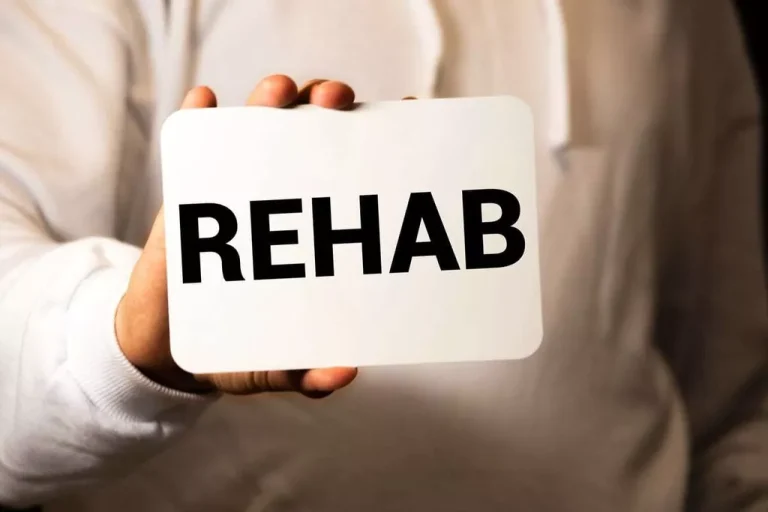
Tips for Planning Relapse Prevention Group Activities
- Taking part in recovery group activities provides a plethora of advantages for members.
- Addiction is complex and affects both the body and mind, and overcoming it requires time to address all of its layers.
- Learning how to cook healthy and nutritious meals can be a valuable skill for individuals in addiction recovery.
- This topic includes role-playing exercises that allow members to practice empathy and see situations from different perspectives, which can improve relationships and communication.
- This topic provides strategies for recognizing, addressing, and overcoming these emotions, helping members move forward with self-compassion.
- You learn to make nutritious choices that support your recovery and help you regain health.
- This discussion covers techniques like journaling, physical exercise, and mindfulness practices to help members cope with stress healthily.
Having a foundation for how to handle conflict can help prevent emotions or worries from taking over when conflict arises in life. Question balls are a resource that group leaders may use to get topics of conversation going. They write recovery-related questions on activities for addiction recovery groups a ball for participants to toss around, with the person holding the ball answering the question. We do not receive any commission or fee that is dependent upon which treatment provider a caller chooses. Are there changes you need to make to improve in this area, and how should you go about it?
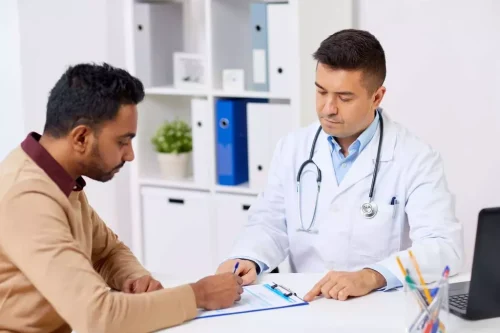
Practice Meditation
- There’s something about the great outdoors that puts our problems into perspective and reminds us of the vastness of possibilities.
- Group therapy is a common approach used in the treatment of substance use disorders.
- It’s like a real-time strategy game where the goal is developing better coping mechanisms.
- Recovery group work is invaluable when it comes to helping participants recover and rebuild relational bonds within the group.
- Book clubs allow for open discussions about personal experiences, struggles, and triumphs related to addiction.
Group members will act out the events while discussing how to handle conflicts and achieve the healthiest outcome. That’s why some recovery groups encourage members to bring candles, essential oils, and other aromatic materials. Group members can then discuss their favorite scents and the feelings they provide. Studies suggest that the longer someone stays in treatment, the more likely they are to experience sustained sobriety and a lower risk of relapse. Outpatient care typically includes therapy sessions, support groups, and check-ins with counselors.
Group therapy is a common approach used in the treatment of substance use disorders. With a plethora of research supporting its effectiveness, Counselors can effectively use this form of treatment within an addiction treatment program to support their clients. Group collage is a collaborative experiential exercise for group therapy where participants work together to create a visual representation of their shared recovery experience. Each participant contributes images, words, or colors that reflect their personal journey.
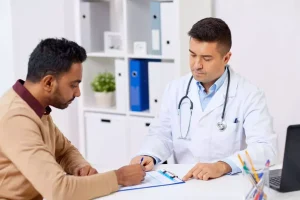
This activity can also be done virtually, making it accessible for those in online recovery programs. The sense of accomplishment and camaraderie fostered through these experiences can boost self-esteem and motivation in people in recovery. Art and other creative expression group activities provide people in recovery with an outlet for self-expression and emotional release.
- Join us in supporting healing and connection through engaging recovery group activities.
- Group activities and group therapy as part of addiction treatment programs play a vital role in relapse prevention for people recovering from substance abuse.
- To find local or virtual 12-Step meetings, search the websites of different groups, including Alcoholics Anonymous and Narcotics Anonymous.
- For example, intensive outpatient treatment may require meeting twice a week, while inpatient programs may offer daily sessions.
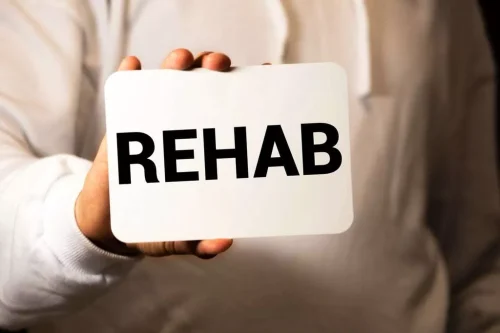
As previously mentioned, some aftercare plans include stepping down to another level of care, such as a PHP, IOP, or standard outpatient care. Most addiction treatment programs use this form of evidence-based behavioral health therapy. Relapse prevention activity groups are a vital part of addiction treatment programs.

دیدگاهتان را بنویسید
برای نوشتن دیدگاه باید وارد بشوید.